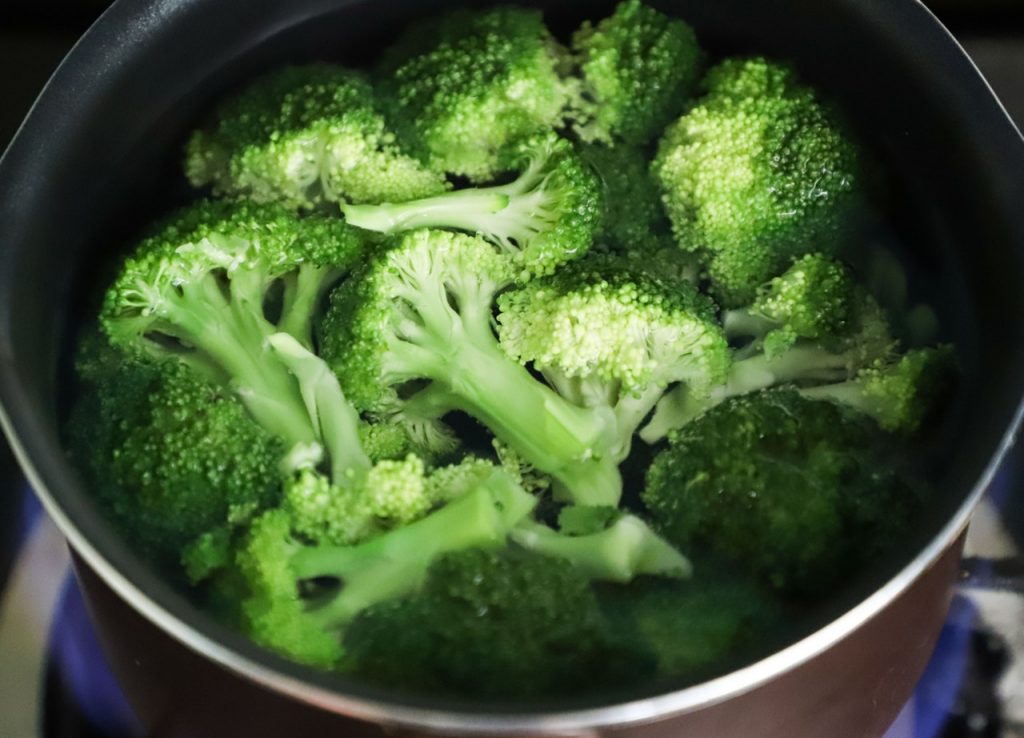Vegans eat only plant foods, and these include fruits, vegetables, legumes (dried beans, peas, and lentils), grains, seeds and nuts. People who follow a vegan diet do not eat any animal products or animal bi-products, including eggs, dairy products and meat. It is important for people who follow a vegan diet to be aware of what foods they should consume in order to meet their nutritional needs.

Key Nutrients of a Vegan Diet
- Protein is important for growth as well as the function of enzymes and hormones, and production of milk for women who are breastfeeding. Although vegans do not eat any animal products, they can still meet protein recommendations by eating a varied and complete diet. Examples of foods high in protein that vegans can consume include soy milk, tofu, peanut butter, beans (e.g. Pinto, kidney, garbanzo, and black), quinoa, and lentils.
Omega-3 Fatty Acids
- Omega-3 fatty acids are beneficial for brain function and vision. They also help to reduce inflammation and may decrease the risk of heart disease. Vegans can obtain omega-3 fatty acids from flaxseeds, walnuts, canola oil, and soy products.
- Calcium is important for bones and teeth, in addition to muscle and nerve function. While most Americans get their calcium from dairy products, vegans can get calcium from dark green leafy vegetables such as broccoli, Bok Choy, Chinese cabbage, collards, and kale. Vegans can also get calcium from foods fortified with calcium, such as fruit juices and tofu. It may also be beneficial for a vegan to take an additional calcium supplement.
- Vitamin D plays an important role in calcium absorption. The best way for vegans to get their vitamin D is from the sun and by taking a vitamin D supplement.
- Vitamin B12 helps with red blood cell and nerve functioning. Because most vitamin B-12 comes from animal products, vegans need to get Vitamin B12 from a supplement or through soy milk or nutritional yeast that is fortified with vitamin B-12.
- Iron is needed by blood cells to carry oxygen and carbon dioxide throughout the body. While iron found in animal products is more easily absorbed by the body, vegans can still get iron from plant foods. Some good plant sources of iron include broccoli and other dark green, leafy vegetables, as well as lentils and dried fruits such as raisins, apricots, peaches, and prunes. Plant sources of iron are better absorbed by the body when eaten with foods containing vitamin C–such as Brussels sprouts, strawberries, citrus fruits, broccoli, collard and mustard greens, and cantaloupe.
- Zinc assists with carbohydrate metabolism and contributes to a well-functioning immune system. Vegans can obtain zinc by consuming soy products, legumes, grains and nuts. Like iron, zinc is best absorbed by the body when consumed with vitamin C-rich foods (see above for ideas of vitamin C-rich foods).
- Iodine is needed for healthy thyroid function, which helps regulate metabolism. Because iodine in plant foods is inconsistent and dependent upon the iodine content of the soil, a vegan diet may be low in iodine. Therefore, it is recommended that vegans strive to not only include plant foods rich in iodine in their diet–such as seaweed, soybeans, sweet potatoes, broccoli and cabbage—but also use iodized salt or take a multivitamin that contains iodine.
Did You Know?
Since most vitamin B-12 comes from animal food sources, vegans tend to have low consumption of it. Vegans should be aware of vitamin B-12 levels in their diet and consider taking a vitamin B-12 supplement, if needed.


